Llíber
Roadtrip Costa Blanca
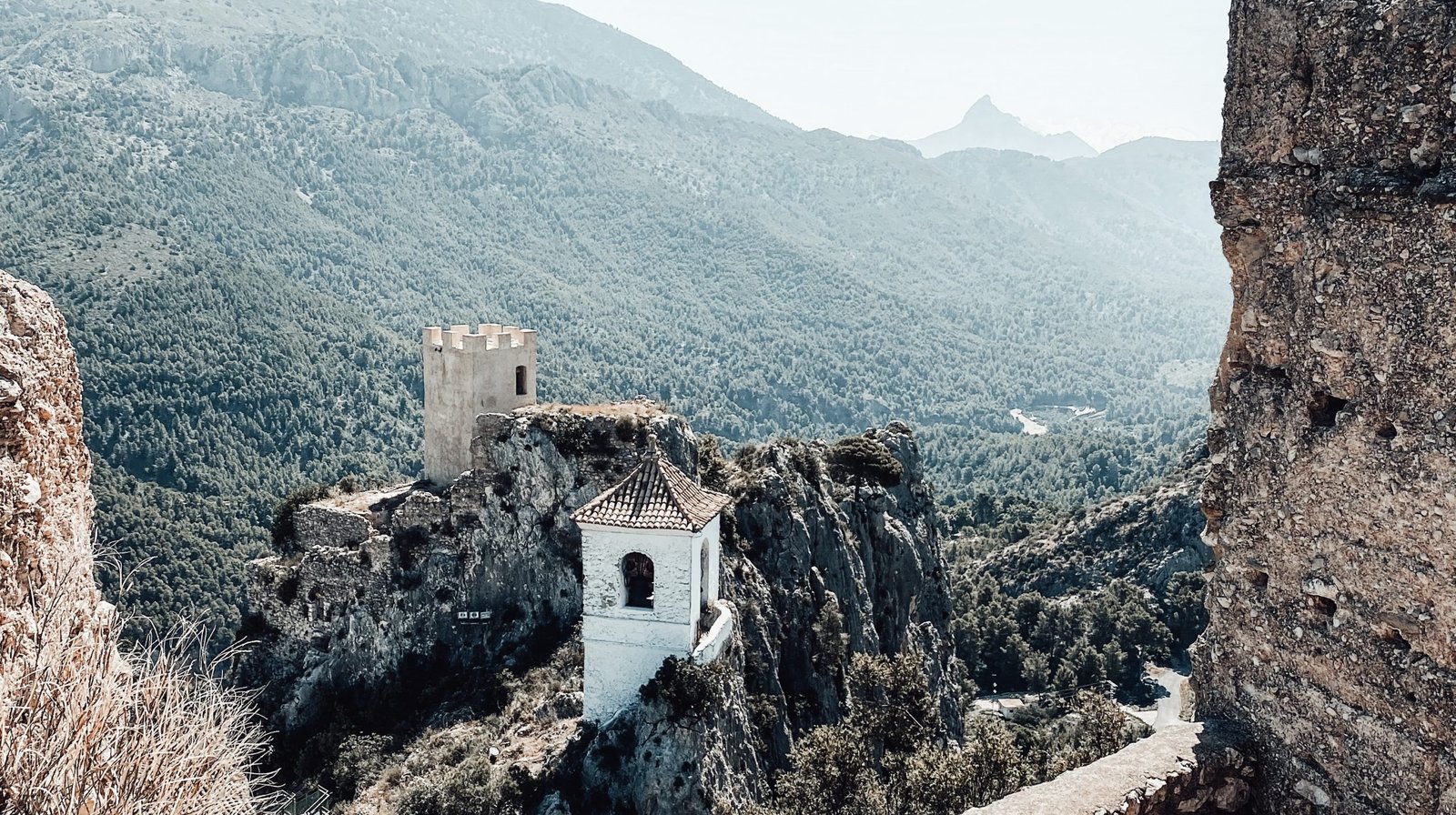
Beautiful beaches, azure blue water and picturesque bays – that is the Costa Blanca in a nutshell. But the coastal region is quite busy in the summer and seeing the sea every day also gets boring. We therefore take you on a short road trip off the beaten track.
Workation Costa Blanca
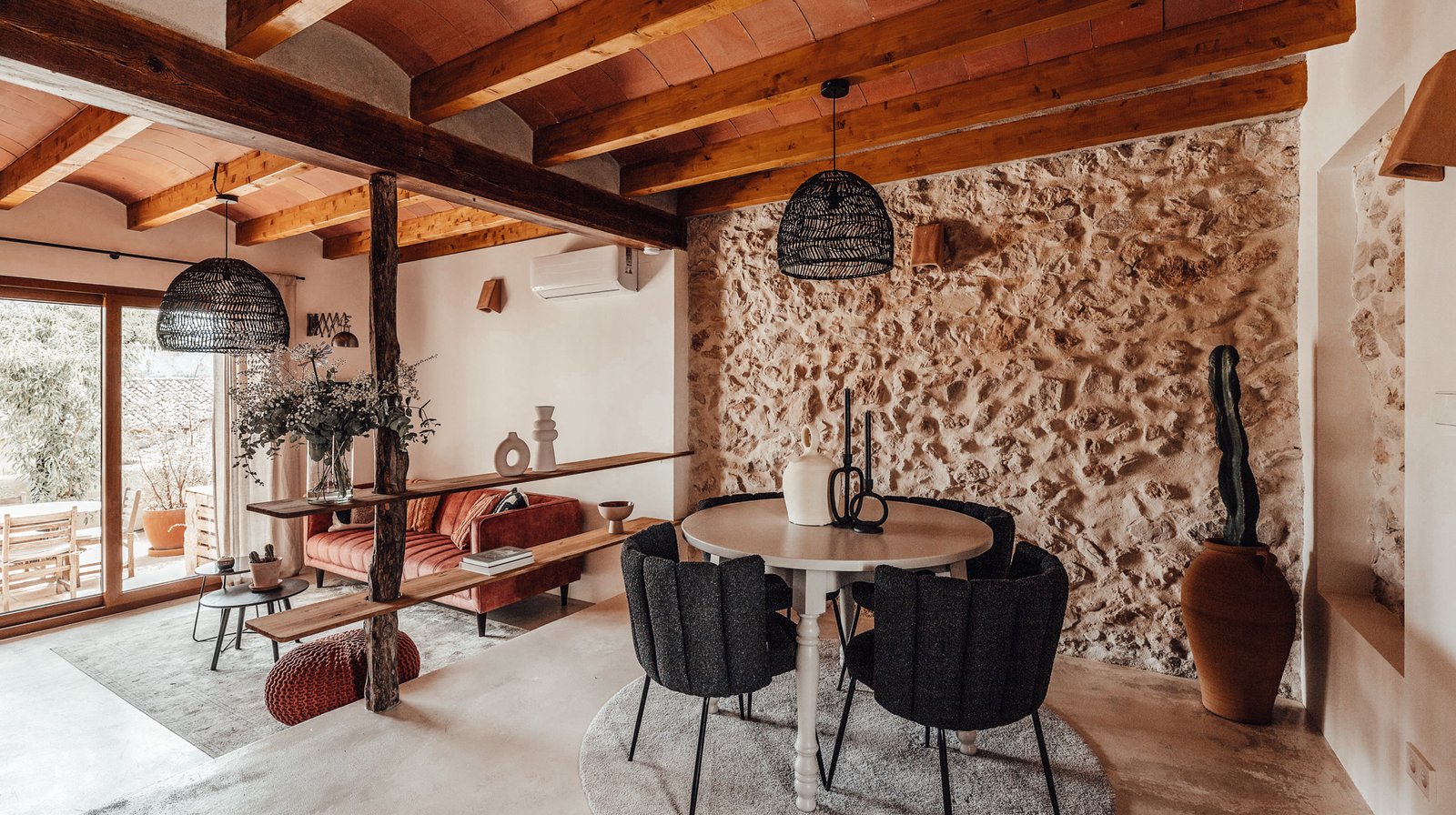
Summer officially is over and most of us got back to work. Have you ever thought about extending that summer feeling?
Kids stuff rental Costa Blanca

Love to go on holidays with small kids but dreaded by the thought of carrying all the kids’ stuff with you? We can imagine!
Tourist information Marina Alta
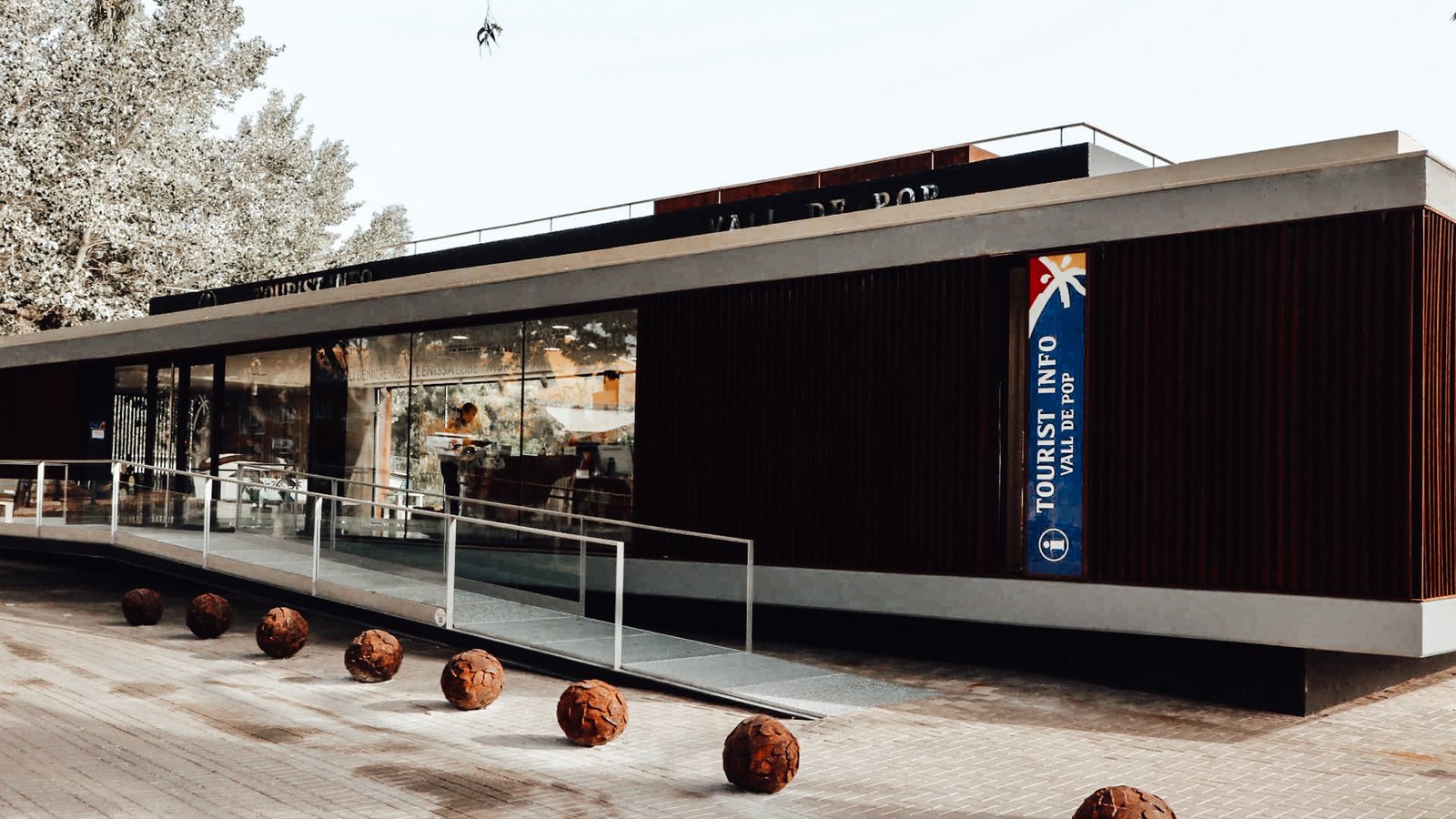
The Costa Blanca is a popular destination. So there’s a lot of tourist information about the Marina Alta region. We share the addresses with you.
Grape picking in Llíber
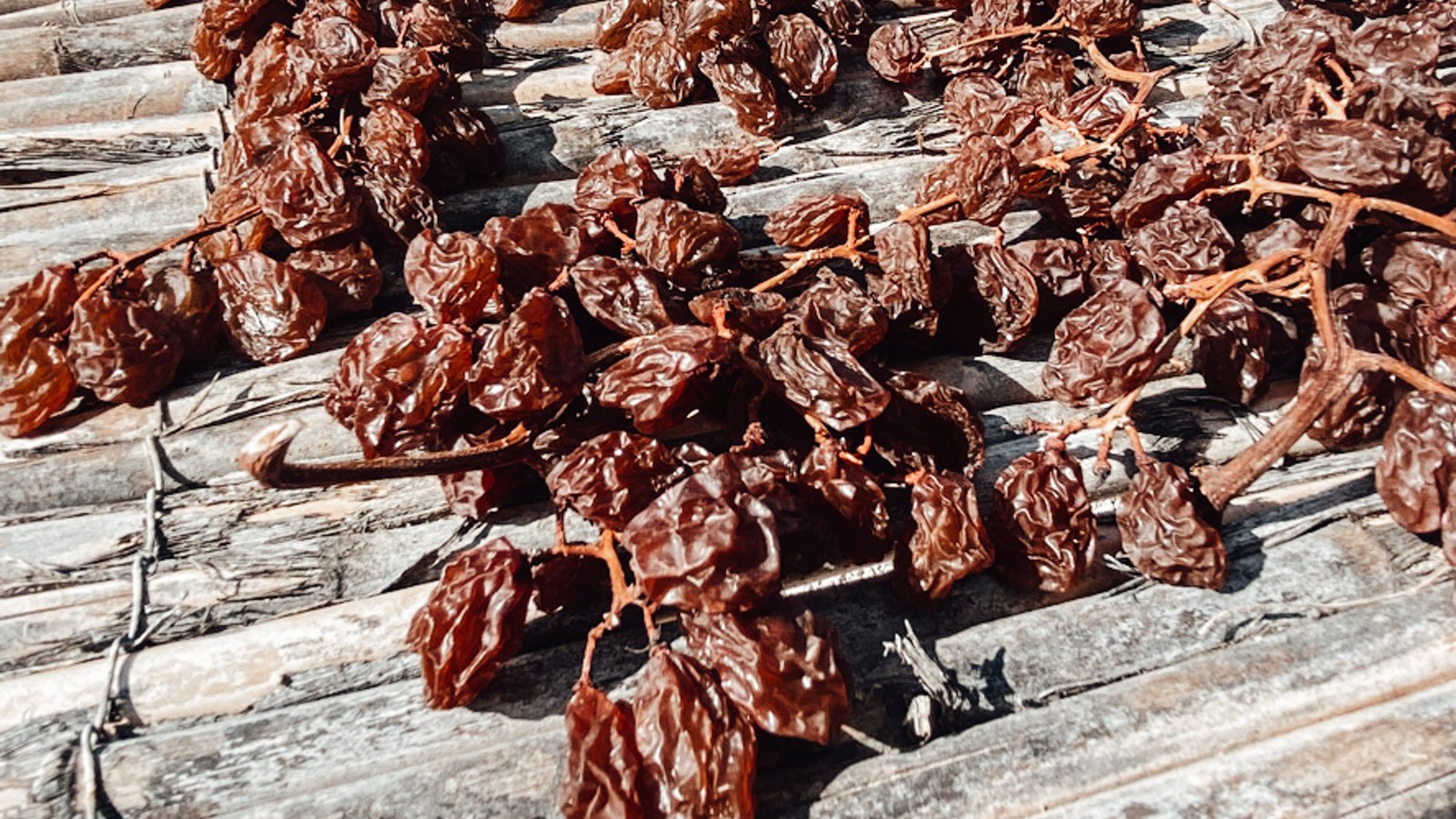
The grape picking in Llíber in the Jalon Valley/ Vall de Pop started last week. Most of the grapes are used to produce wine.
Swimming pool in Llíber
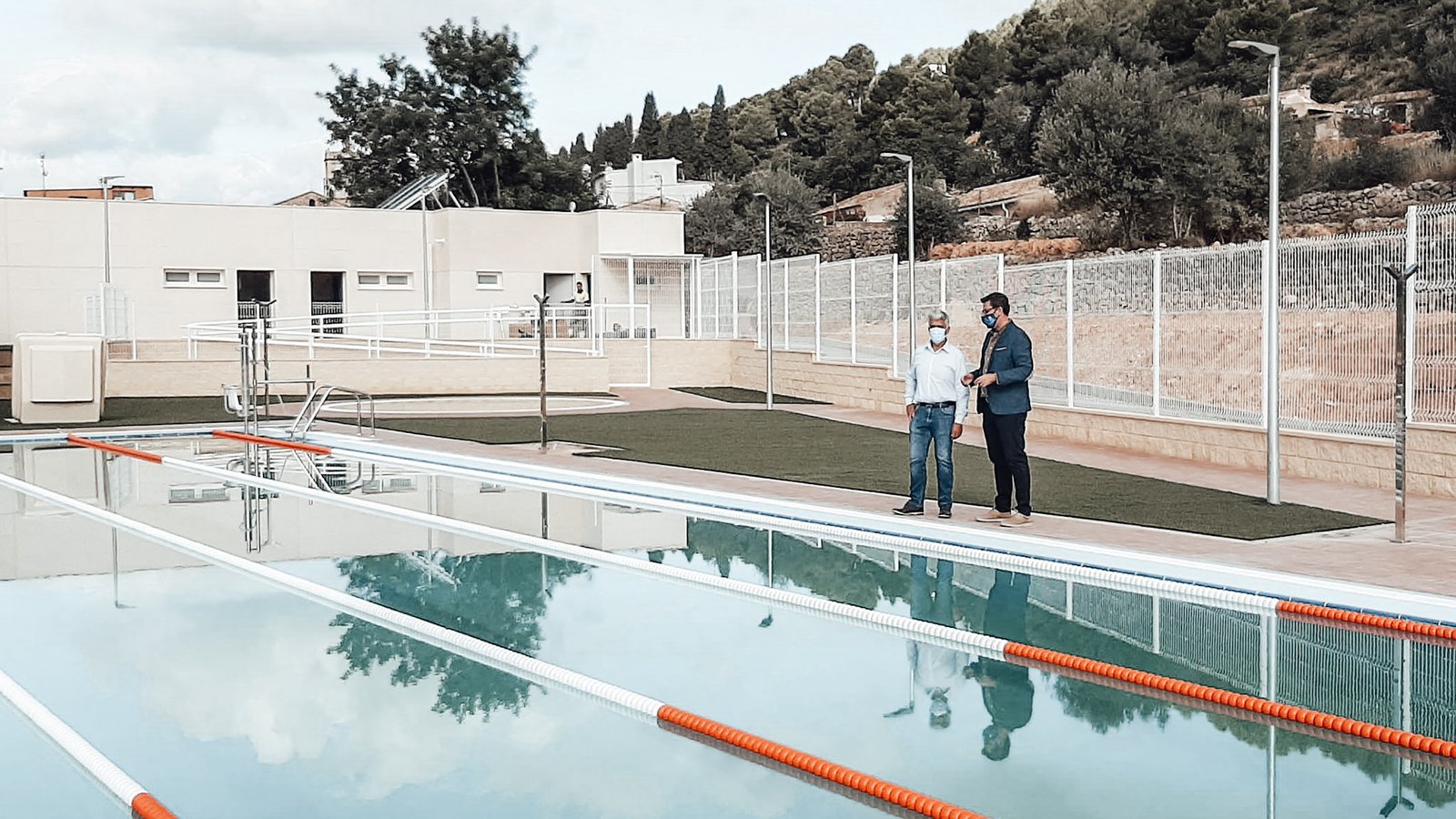
Llíber got its own swimming pool. Beside the large 25 meter pool a kids pond is present. It is open in summer every day from 11:00 to 14:00 and 16:00 to 20:00.

